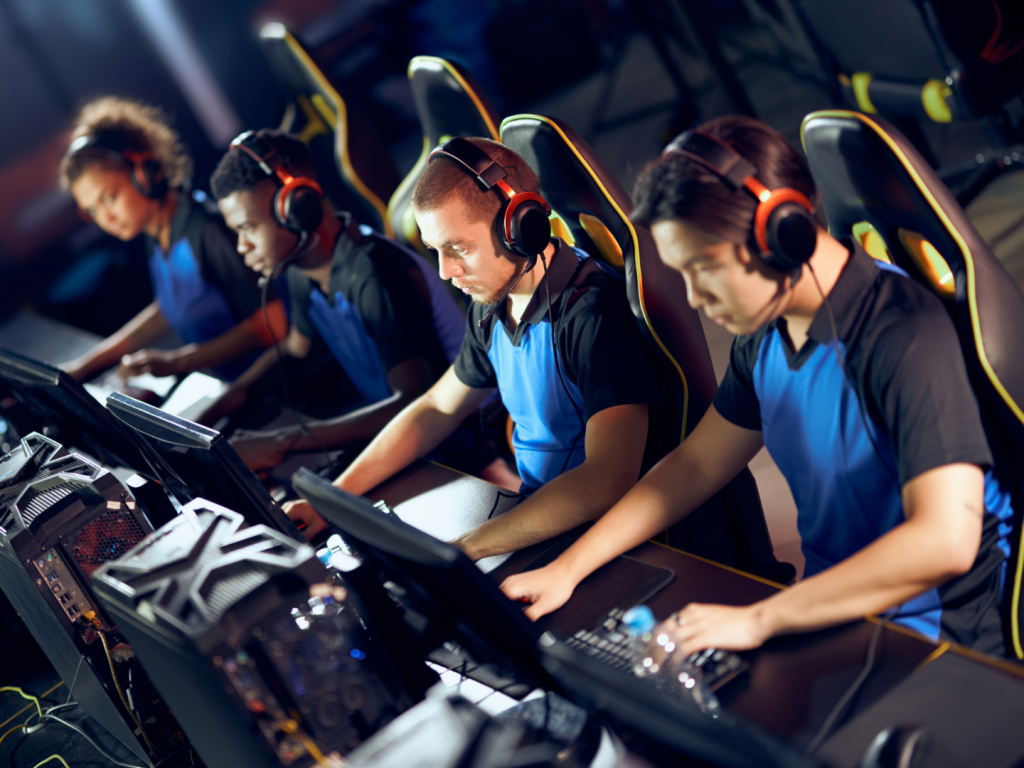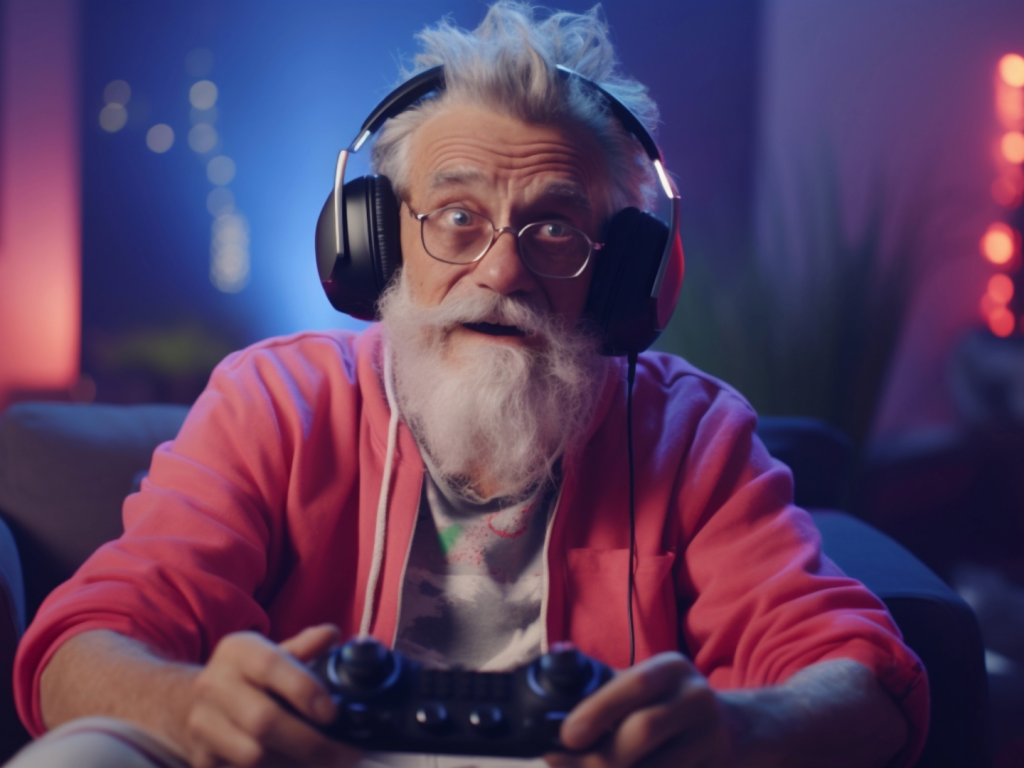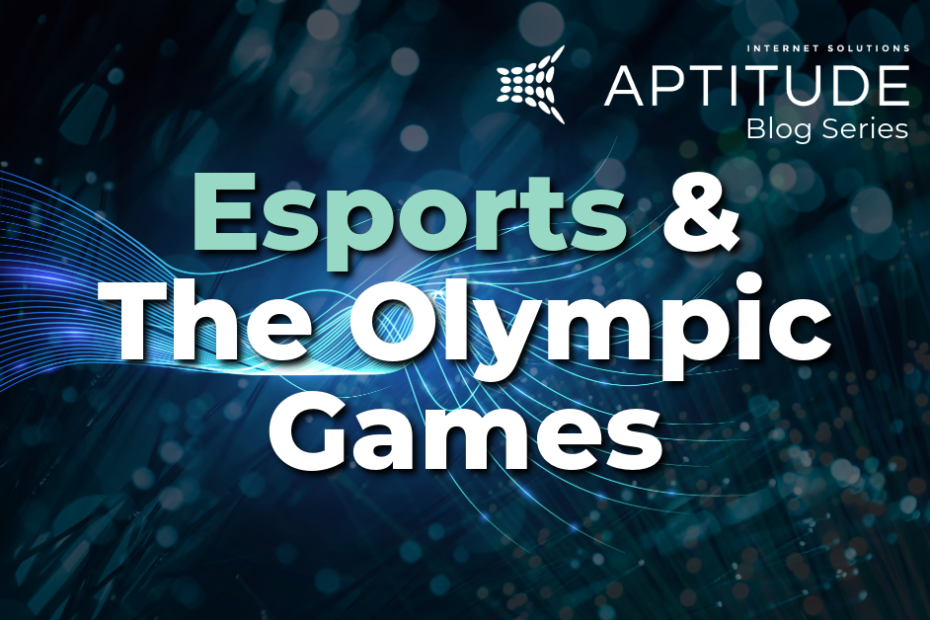As the world of competitive gaming continues to grow, the question of esports in the Olympics has become a hot topic.
With the International Olympic Committee (IOC) showing increasing interest in digital sports, it’s worth exploring what the future might hold for esports on this global stage, and how access to high-speed internet might give future competitors the edge they need to bring home the gold.
The Potential of Esports in the Olympics
The inclusion of esports in the Olympics could bring a new dimension to the Games, attracting younger audiences and reflecting the digital age we live in. The IOC has already recognized the popularity and competitive nature of esports, even hosting an Olympic Virtual Series in 2021 and 2023. This event featured five virtual sports and gaming simulations, paving the way for potential future Olympic esports events.

Possible Olympic Esports Events
If esports were to become a full-fledged Olympic discipline, we might see a variety of genres represented:
- Multiplayer Online Battle Arena (MOBA): Games like Dota 2 or League of Legends could showcase team strategy and coordination.
- First-Person Shooters (FPS): Titles such as Counter-Strike or Valorant might demonstrate precision and reflexes.
- Fighting Games: Street Fighter or Tekken could highlight individual skill and mind games.
- Sports Simulations: FIFA or NBA 2K series could bridge the gap between traditional and electronic sports.
- Real-Time Strategy (RTS): StarCraft or Age of Empires could test players’ strategic thinking and multitasking abilities.
The Role of High-Speed Internet
The availability of high-speed internet plays a crucial role in the development of esports athletes. Countries with advanced internet infrastructure have a significant advantage in nurturing talent and hosting online tournaments. This digital divide could potentially mirror the existing disparity in Olympic medal counts between nations with high and low GDPs.

Get Your Edge
If you are among the many aspiring athletes looking forward to competing in esports at the olympic games, you’ll want to get high-speed internet.
Check availability of our affordable fiber-optic internet plans today at Aptitude Internet Solutions (vetro.io). Plans start at $59/mo and available speeds are up to 10,000 Mbps.
Advantages for competitors with robust internet infrastructure
- Better practice conditions: Players can train with minimal latency, crucial for timing-sensitive games.
- Access to global competition: High-speed internet allows players to compete internationally from home.
- Streaming and content creation: Faster upload speeds enable players to build their brand and attract sponsors.
- Advanced coaching tools: High bandwidth allows for detailed game analysis and remote coaching sessions.
Comparing Digital and Traditional Olympic Success
Just as countries with higher GDPs tend to win more medals in traditional Olympic events due to better training facilities and support systems, nations with superior digital infrastructure might dominate in esports. This could lead to a new form of “digital divide” in Olympic competition.
However, esports could also provide opportunities for smaller nations to excel. Unlike many physical sports that require extensive facilities, esports primarily need good computers and internet connections. This lower barrier to entry could potentially level the playing field to some extent.
Challenges and Considerations
Despite the potential, there are hurdles to overcome before esports can become a full Olympic sport:
- Standardization: Agreeing on which games to include and ensuring they meet Olympic standards.
- Physical element: The IOC emphasizes the importance of physical activity in Olympic sports.
- Rapid technological changes: Esports evolve quickly, which could complicate long-term planning.
- Intellectual property: Most esports titles are owned by private companies, which could complicate Olympic inclusion.
Technological Doping: The New Frontier of Fair Play
Just as traditional sports grapple with the banned-use of performance-enhancing substances, esports in the Olympics would face its own set of challenges regarding unfair advantages. “Techno-doping” could become a significant concern, necessitating strict regulations and monitoring. Potential banned “boosters” might include:
- Hardware modifications: Custom-built controllers or keyboards that offer faster input speeds.
- Software cheats: Aimbots, wallhacks, or other programs that provide unfair in-game advantages.
- Network manipulation: Tools that artificially reduce latency or disrupt opponents’ connections.
- AI assistants: Advanced algorithms that provide real-time strategic advice during gameplay.
- Cognitive enhancers: Drugs that improve focus, reaction time, or decision-making abilities.

Olympic committees would need to develop sophisticated detection methods, perhaps including AI-powered cheat detection systems and rigorous hardware inspections.
Additionally, as with current anti-doping efforts, out-of-competition testing might be necessary to ensure players aren’t using banned cognitive enhancers during training.
Balancing fair play with technological advancement will be a crucial challenge in establishing esports as a respected Olympic discipline.
Expanding the Olympic Arena: Inclusivity in Esports
One of the most compelling aspects of esports in the Olympic context is its potential to broaden the definition of an “Olympic athlete.”
Unlike many traditional sports that favor youth and peak physical condition, esports opens the door to a more diverse range of competitors. Age, physical stature, and even certain disabilities often have less impact on a player’s ability to excel in digital competitions.
This inclusivity could lead to inspiring stories of older competitors holding their own against younger players, or participants with mobility impairments achieving Olympic glory through their strategic brilliance and digital dexterity.

Esports could also provide opportunities for individuals who excel in mental rather than physical disciplines to shine on the Olympic stage.
Strategic thinking, split-second decision making, and the ability to perform under pressure are the hallmarks of top esports players – skills that aren’t limited by traditional athletic parameters. This expansion of what it means to be an Olympian could not only increase global participation in the Games but also challenge our perceptions of athletic achievement and human potential.
However, it’s important to note that top-level esports do require a form of physical fitness, including hand-eye coordination, reflex speed, and the stamina to maintain focus during long matches. As such, while esports broaden the field of potential Olympians, competitors at this level would still need to maintain their own form of rigorous training regimens.
The Future of Esports in the Olympics

While full inclusion of esports in the Olympics may still be years away, the groundwork is being laid. The growing recognition of esports by sports organizations worldwide, coupled with its massive popularity, suggests that it’s not a matter of if, but when and how esports will be integrated into the Olympic program.
As this integration progresses, it will be crucial to address the digital divide and ensure fair competition. This might involve initiatives to continue improving internet infrastructure in rural areas or creating specialized training centers for ambitious esports athletes.
In conclusion, the future of esports in the Olympics is bright but complex. It represents an exciting opportunity to modernize the Games and engage new audiences, while also presenting unique challenges. As we move forward, the intersection of traditional sports, technology, and global competition will undoubtedly shape the Olympic landscape in fascinating ways.
